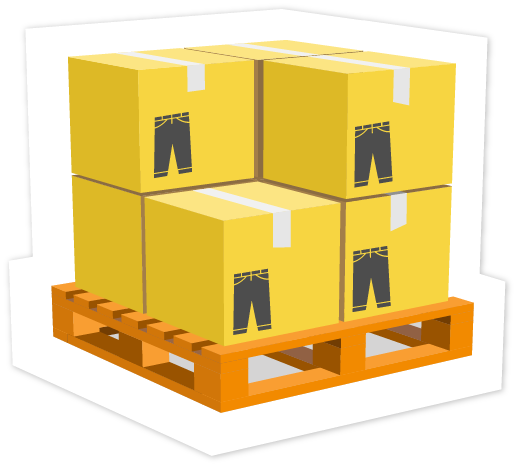

cargo-pants is a Cargo subcommand that provides a bill of materials in a project, and any vulnerabilities that are found on those dependencies, powered by Sonatype OSS Index.
Don't you check your pants for holes? Similarly, we think you should check your app's dependencies for vulnerabilities, and that's what cargo-pants does! As well, we provide a Bill Of Materials from parsing your Cargo.lock file, so you can see all the dependencies you are using.
cargo-pants was built with Rust 1.49.0, you should likely start there.
cargo-pants is a Cargo subcommand, and can be installed using cargo install:
$ cargo install cargo-pants
Set an environment variable OSS_INDEX_API_KEY to auth requests with your key.
Once you have installed cargo-pants, you can run it like so:
$ cargo pants
cargo pants can be run in your builds context, or ran separately. Two command line options are supported:
$ cargo pants --lockfile /path/to/Cargo.lock
This allows you to run cargo pants on a Cargo.lock file anywhere on your filesystem.
If this option is not supplied, cargo pants will assume a local Cargo.lock file.
We will also inform you of our opinions of your pants style choice:
$ cargo pants --pants_style JNCO
We are very serious about pants.
There are also two command line flags that affect the output further:
$ cargo pants --loud --lockfile /path/to/Cargo.lock
This shows all non-vulnerable dependencies for a complete Bill of Materials.
$ cargo pants --no-color --lockfile /path/to/Cargo.lock
This disables any coloring of the output.
If vulnerabilities are found, cargo-pants exits with status code 3, and prints the Bill Of Materials/Found Vulnerabilities. If there are no issues, it will exit with status code 0.
More TBD, but experimental usage for Nexus IQ Server now exists:
``` cargo-iq
USAGE:
cargo iq [FLAGS] [OPTIONS] --iq-application
FLAGS: -h, --help Prints help information -V, --version Prints version information -v Set the verbosity of the logger, more is more verbose, so -vvvv is more verbose than -v
OPTIONS:
-a, --iq-application
Similar to cargo audit but with more pants, you can run cargo pants on your builds on Travis CI using this example config:
language: rust
before_script:
- cargo install --force cargo-pants
script:
- cargo pants
We use CircleCI to build this project. See our CircleCI config: .circleci/config.yml for how we use cargo-pants in our CI build. This file is also a good reference for a number of useful cargo commands.
We care a lot about making the world a safer place, and that's why we created cargo-pants. If you as well want to
speed up the pace of software development by working on this project, jump on in! Before you start work, create
a new issue, or comment on an existing issue, to let others know you are!
The code for cargo-pants was largely written by Glenn Mohre, and we want to give ultimate thanks, kudos, congratulations to Glenn for contributing this to the community. Open Source is awesome, and you help make it better!
The cargo-pants logo was grabbed from www.pexels.com, specifically from this image.
Code for cargo-pants was influenced by cargo-audit, and we acknowledge we stand on the shoulders of giants.
You can run your local changes without installing the package via:
shell
cargo run pants
or
shell
cargo run iq --iq-application sandbox-application
Use the commands below to build and install the package locally:
shell
cargo build --all --all-targets
cargo install cargo-pants --force --path .
The Continuous Integration build will automatically perform a new release with every commit to the main branch.
To skip performing a release from main be sure your commit message includes: [skip ci].
It is worth noting that this is NOT SUPPORTED by Sonatype, and is a contribution of ours to the open source community (read: you!)
Remember:
cargo-pants support in regard to this projectPhew, that was easier than I thought. Last but not least of all:
Have fun creating and using cargo-pants and the Sonatype OSS Index, we are glad to have you here!
Looking to contribute to our code but need some help? There's a few ways to get information: